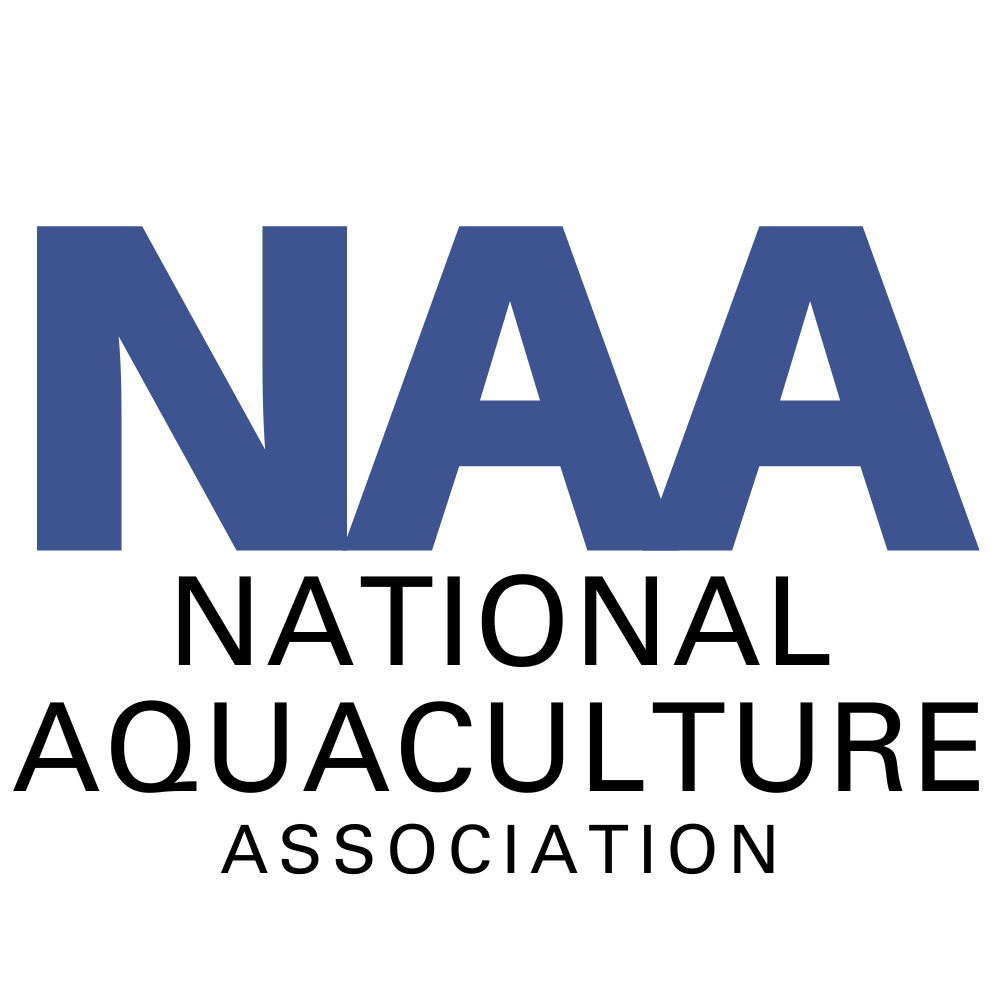
EPA NPDES Permit Requirements for Marine Aquaculture in Federal Waters
The webinar will discuss why NPDES permits have certain conditions and the typical permitting requirements that can be expected for offshore finfish aquaculture facilities.
Our guest speaker Kip Tyler, an Environmental Engineer with the Environmental Protection Agency, will share his extensive experience with environmental law compliance when issuing Clean Water Act permits for aquaculture facilities.
About the Speaker
Kip Tyler has served EPA Region 4 in Atlanta as an Environmental Engineer for 15 years in the NPDES permitting and enforcement programs. He has been involved with regional and national permitting initiatives for freshwater and marine aquaculture. He regularly works with other federal partners such as NOAA and USACE. Kip has extensive experience complying with other environmental laws when issuing Clean Water Act permits. His education includes aquaculture while studying at Virginia Tech and Washington State University.
Additional Information and Resources
EPA has posted a video, two infographics and text addressing Managing Aquaculture to Protect Water Quality | US EPA. Information specific to aquaculture National Pollution Discharge Elimination System (NPDES) permitting is found here Aquaculture NPDES Permitting | US EPA.
The Florida Sea Grant program has funded an offshore fish farm (one year of operation of one sea cage with final production of ~80,000 pounds) as an experimental/demonstration farm. The EPA NPDES permit for this farm is posted here: Ocean Era, Inc. – Velella Epsilon Aquatic Animal Production Facility National Pollutant Discharge Elimination System (NPDES) Permit | US EPA. As of August 23, 2024, the US Army Corps of Engineers has not issued a Rivers and Harbors Act Section 10 permit so the farm is not in place or operational.
The National Oceanic and Atmospheric Administration has posted a guide to assist individuals with navigating the federal permitting process for marine aquaculture (finfish, shellfish, invertebrates, seaweed) in federal waters (between 3 and 200 miles from shore). The guide can be read or downloaded here: Guide to Permitting Marine Aquaculture in the United States (2022) | NOAA Fisheries.
About Our Sponsor


President & CEO
Gulfstream Aquaculture, LLC
M: 850-240-3414
dennis@gulfstreamaquaculture.com
Dennis Peters is the president and CEO of Gulfstream Aquaculture, LLC, in Miramar Beach, Florida, which focuses on marine finfish research and development; offshore, coastal, and landbased siting analyses; demonstration and pilot farm operations; and commercial feasibility assessments for landbased and open ocean aquaculture. Dennis’ tenure in oceanographic and coastal marine research, monitoring, and permitting, as well as in fisheries management and aquaculture development, has prioritized the protection and enhancement of marine and estuarine ecosystems of the Atlantic, Pacific, and Caribbean waters.
Dennis has been involved in and led multiple aquaculture feasibility studies assessing the landbased and/or offshore requirements for strategic areas in or near Vero Beach, Florida; Lucayan Waterway, Grand Bahama; Quepos, Costa Rica; Roatán, Honduras; Kona, Hawaii; Ewa Beach, Oahu; Placencia, Belize; Sarasota, Florida; Saipan, CNMI; and the Florida Keys, Florida. These feasibility studies evaluated multiple marine fish candidate species for commercial aquaculture development including mahi-mahi or common dolphinfish (Coryphaena hippurus), red drum or redfish (Sciaenops ocellatus), Japanese flounder or olive flounder (Paralichthys olivaceus), and Kampachi or almaco jack (Seriola rivoliana).
Dennis’ permitting experience includes the development of Environmental Assessments (EAs), Environmental Impact Statements (EISs), Biological Assessments (BAs), Essential Fish Habitat (EFH) Assessments, Protected Species Management Plans, and Coastal Consistency Determinations (CCDs), in support of U.S. Army Corps of Engineers (USACE) Section 10 permits and U.S. Environmental Protection Agency (EPA), National Pollutant Discharge Elimination System (NPDES) permits. Dennis has also conducted Endangered Species Act (ESA) Section 7 consultations and National Historic Preservation Act (NHPA) Section 106 consultations. As an oceanographic scientist, Dennis has conducted Baseline Environmental Surveys (BES) and reports in support of the permitting for these feasibility studies, which utilize sidescan sonar, sub-bottom profiler, magnetometer, and hydrographic data evaluations for identifying optimal benthic conditions for siting offshore aquaculture operations while maximizing the protection of sensitive marine species and habitats through minimization and avoidance.
Utilizing sound science in the aquaculture siting and decision-making process, Dennis addresses the local environmental issues in concert with the sensitive policy and political concerns of the local, territory or state, and Federal stakeholders most responsible for ecosystem management and protection. Dennis understands that collaboration with all ocean user groups is essential during the identification and assessment of sustainable offshore aquaculture areas suitable for demonstration and commercial farm operations. Dennis’ experience with this process has led not only to effective aquaculture permitting, but equally important, to achieving the necessary ‘social licensing’ through building stakeholder trust.
